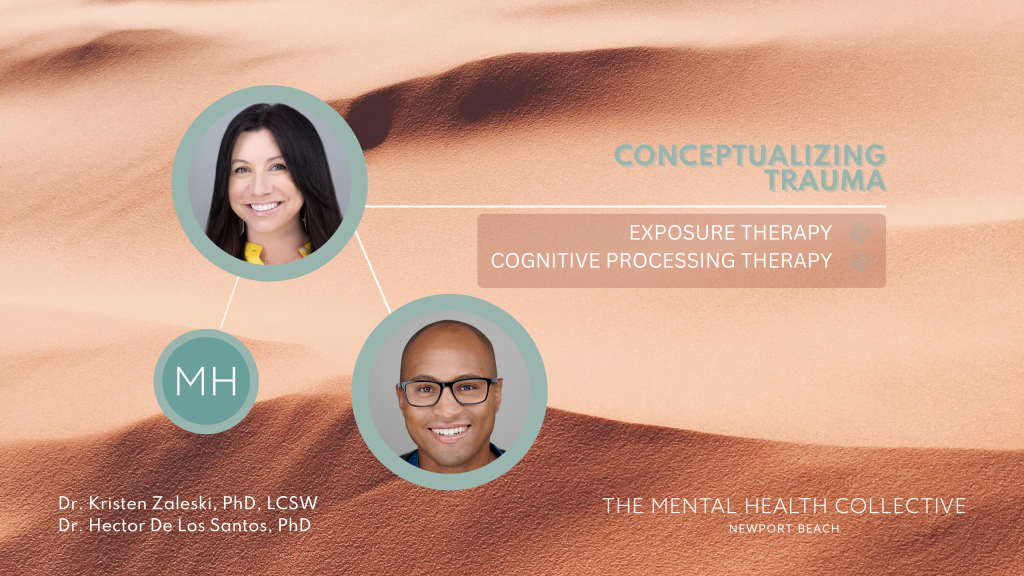We can conceptualize post traumatic stress disorder (PTSD) as a tug-of-war between intrusions and avoidance. Intrusions are things like nightmares, flashbacks and thoughts that arise in relation to past trauma(s).
AVOIDING TRAUMA
There is also a component of avoidance. This can be avoidance of talking about trauma, thinking about it or simply avoiding anything that reminds someone of the trauma they experienced. The goal with any trauma treatment is the ability to lay it out on the table and systematically file it back away into the filing cabinet of memory, such that we eventually don’t have the intrusions and avoidance.
CPT :: COGNITIVE PROCESSING THERAPY
One such empirically supported treatment that has the ability to do this is Cognitive Processing Therapy (CPT) – it is endorsed by the National Center for PTSD and used at the Veterans Administration hospitals across the country. Most trauma treatments have one thing in common: some component of exposure.
One of the tenets of CPT is that when you and I are exposed to something severe enough, all of us are going to have a reaction. For many of us, natural healing will occur over the course of time. But for some people, they will get stuck, and that\’s what we call PTSD.
ASSIMILATION THOUGHTS + OVER ACCOMMODATION
Using the CPT model, there are two reasons why people get stuck. The first is what we call Assimilation Thoughts. For example, if I was sexually assaulted when I was intoxicated I could put fault on myself. I could think “It is my fault.” The second is what we call an Over Accommodation thought. An example would be, “I was sexually assaulted because the world is an unsafe place and I can\’t trust anybody.” CPT would say that these thoughts manufacture distress which creates PTSD and prevents people from their natural healing process.
CPT helps people change their cognitions around the trauma by challenging these assimilation and accommodation thoughts, allowing patients to redirect them. Ultimately this allows for healing to occur.
DR. HECTOR DE LOS SANTOS, PHD
In reflection on trauma group therapy at The Collective, Dr. De Los Santos shares, “In that group, other group members are so empathetic, so validating, and get to, even in a small way, shift the perceptions that our clients have about being vulnerable.”
DO YOU HAVE A QUESTION?
Send our team a message or call 888.717.9355
